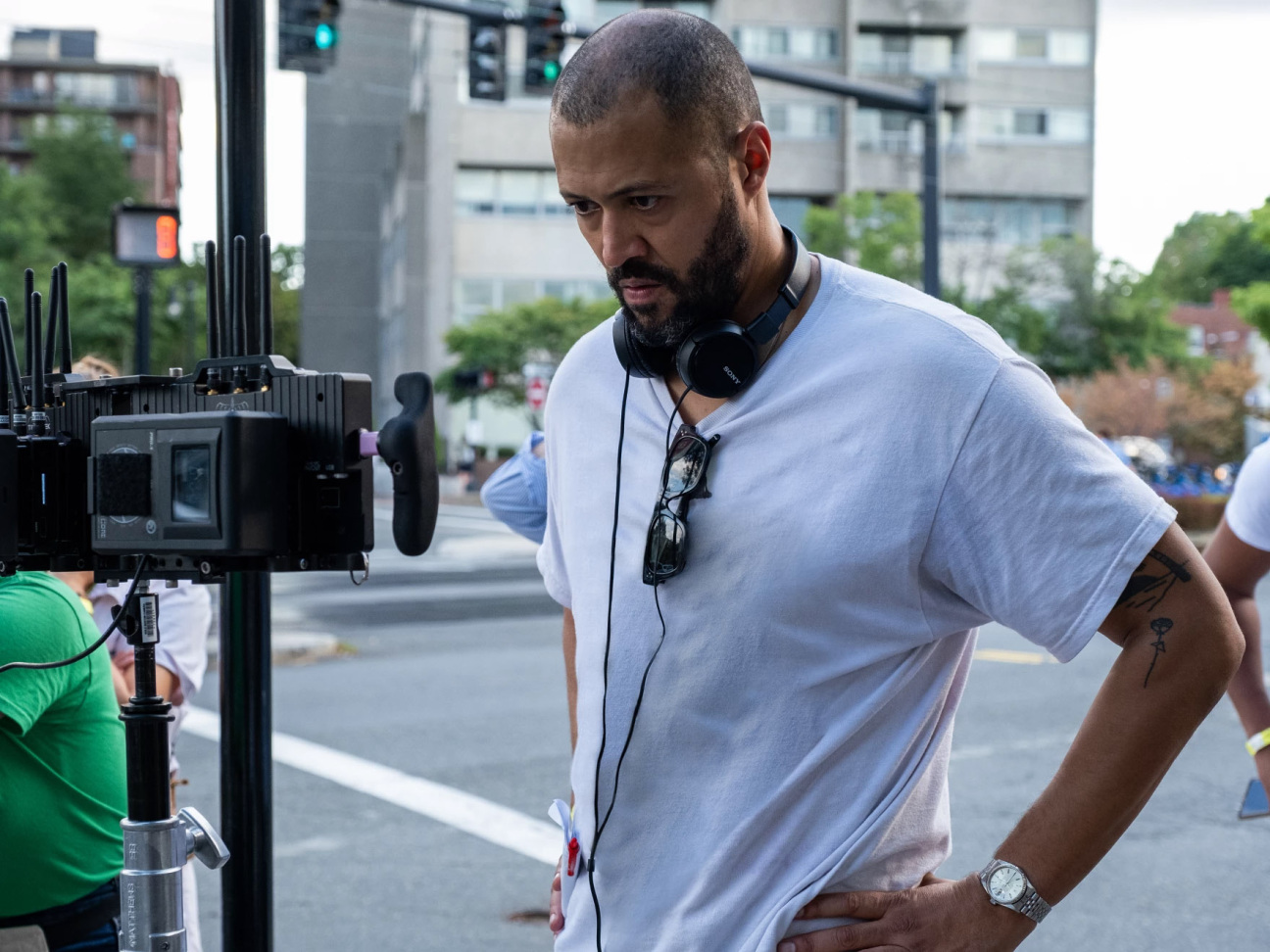
Cord Jefferson’s directorial debut and Oscars sensation American Fiction opens on a writer struggling to land his next book deal. His academic prose isn’t “Black” enough for publishers, who expect a certain level of gangster mayhem from African-American authors. The film, based on Percival Everett’s 2001 novel Erasure, gleefully follows as its protagonist’s efforts to exact revenge on the literary world spiral out of control. Back in grade school, it was a low-budget ’80s flick directed by Robert Townsend that first taught Jefferson just how cutting—and complex—comedy could be.
CULTURED: How has Hollywood Shuffle influenced you in particular?
Cord Jefferson: It came out in '87, but I probably didn't see it then. I probably saw it when I was about 9 or 10. And 9 or 10 is right in the window when you're learning about the founding of America, right? You're learning about slavery. You're learning about the civil rights movement. One of the ways they teach you about this stuff is through movies. I remember watching this documentary called Eyes on the Prize that was all about the civil rights movement and the March on Selma and the Freedom Rides and stuff. Then I remember watching a movie called Mississippi Burning about a murder.
Those movies are good movies, definitely worth seeing. You learn stuff from them, but they were all kind of horror movies. They gave me nightmares; it’s like they’re watching you. The things that you're witnessing in school is people getting their heads beaten by police officers and blood streaming down their face and German Shepherds being sicked on people and lynchings and cross burnings. I had nightmares about these movies for weeks after I saw them.
Hollywood Shuffle was this revelatory moment for me where it was like, "Oh, you can talk about this stuff in a way that allows people to laugh in every scene." Every scene has a lightness to it and a buoyancy and a joy that you don't find in the other kinds of stuff. It didn't need a lot of visual effects or tricks or anything. It was just the storytelling and the heart that changed my perspective as to how movies and art about Blackness and racism have to look. It's not always gritty and grimy and dark and depressing and self-serious and intense and violent. You can have a straightforward, heartfelt dramedy.
It not only influenced American Fiction, but it influenced everything that I've done since then—not just the aesthetics but also the fact that it felt like real life. It realizes that in spite of the tragedy, you need to find ways to laugh. If you lose your ability to laugh in all the madness, when you've lost the plot, that's when things go downhill.
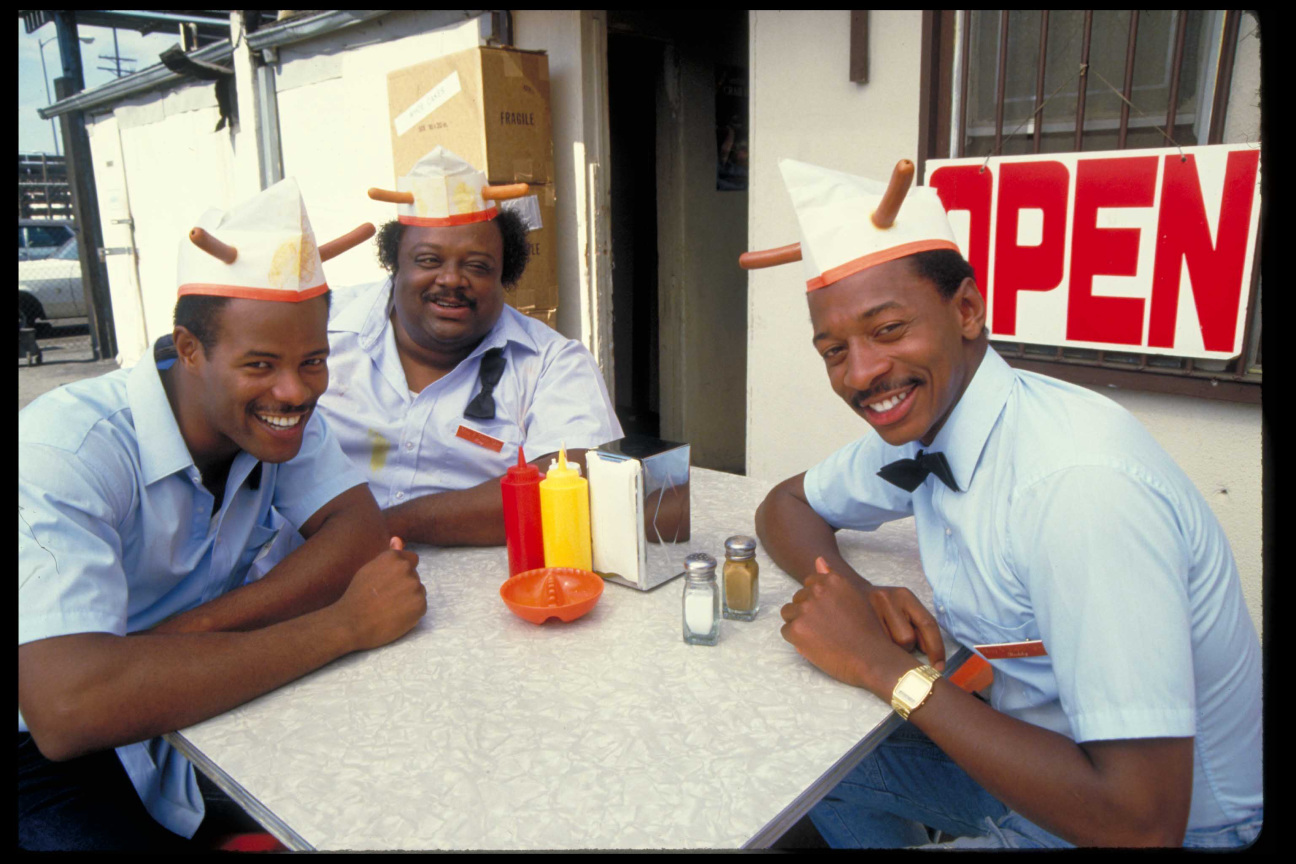
CULTURED: Can you walk us through some ways that American Fiction may be in conversation with Hollywood Shuffle?
Jefferson: Hollywood Shuffle doesn't sacrifice character, and it doesn't sacrifice heart for the sake of laughter. Movies sometimes do that because you need a beginning and a middle and an end. Particularly [with] independent films like this one made on a shoestring budget, the idea is like, "We need to tell the story in as little time as possible. What are the things that we can omit to get to the end the quickest?" First, the character moments are smaller, but I think that what that movie did was make sure that those people stayed at the forefront. It helps ground the film and it helps these characters feel more well-rounded and the story more holistic.
In American Fiction, for instance, Lorraine and Maynard, the couple who got married, a lot of people told me that I should cut those characters out of the film. "You don't need the wedding scene. It doesn't really move the narrative forward. It's gonna be expensive. You'll have to spend another day shooting that wedding scene. Why not just cut it?" I always ignored that note because it doesn't matter that Maynard and Lorraine aren't the main characters. I know that in most movies, Maynard and Lorraine get cut out of the story. It's like, "Who cares about the security guard and the housekeeper?" But one of the things that the movie is saying is, "No, these people are important."
CULTURED: You describe that sacrifice of texture as a practical thing. Do you think it's also an erosion of faith in audiences, or is one leading the other?
Jefferson: There's certainly an erosion of faith in audiences. If you look at what's being put out now, there is a real contempt for audience members. We've gotten to a place in history right now, unfortunately, where people are focused less on making the best stuff. They're replacing that with making the most stuff. The commitment to quality is gone, and it's just more slop for the content trough. Who cares if we have the best TV show or the best movie? Let's just have [the] most movies.
Every year, I'm heartened by seeing smaller movies that are still coming out. I loved Tár last year. This year, I loved Anatomy of a Fall, and it seems like these movies are getting people to come to the theater to see them, which gives me some hope. But there is a real belief that audiences are not smart and that we need to dumb everything down for them. That is incredibly inaccurate. I think that people are craving stuff that makes them think a little bit. This is a year where we've seen the superhero formula doesn't work anymore.
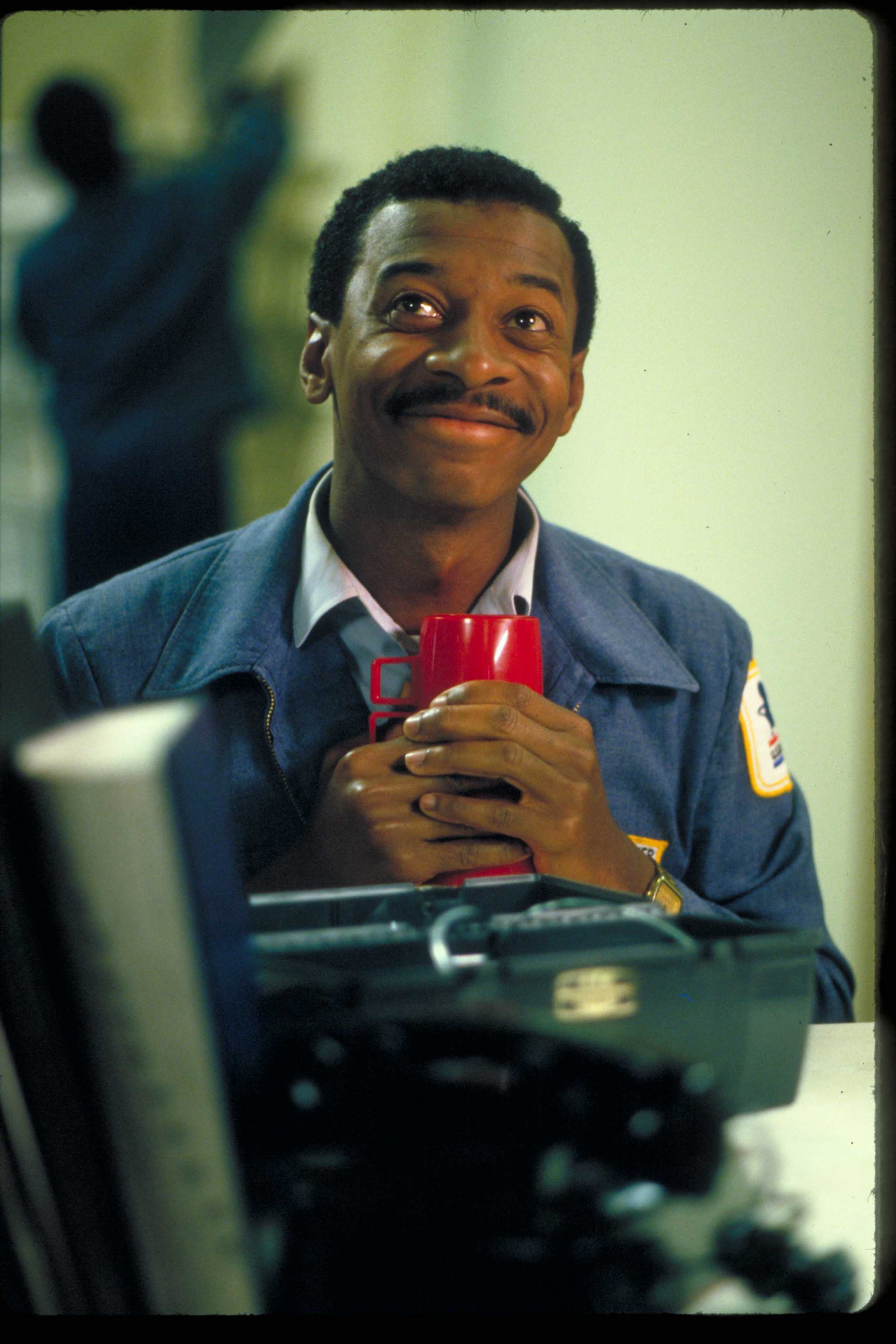
CULTURED: Directing isn't something you've done so much of. Did you feel crazy trying to do that? Do you need years and years of school to walk on the set and be like, "It’s me, the director!"
Jefferson: The first person who put the idea in my head was Aziz Ansari. He's my old boss, but he's also become a close friend. I was working on season two of Master of None. Aziz was directing a bunch of the episodes, and we were chatting about directing, and he said, "Have you thought about directing?" And I said, "I've never been to film school. I don't know anything about cameras. I don't know anything about lighting." He's the first person who ever said to me, "I didn't go to film school. I went to NYU for business school, and last year, I was nominated for a Golden Globe for directing. You don't have to attend film school."
When I found this novel, it was like a bolt of lightning. It felt like I was reading something written specifically for me. It felt like somebody sat down to say "I'm going to write Cord Jefferson a book as a gift." Once I read the book and felt like I understood the characters in the story on a molecular level, that's what gave me the courage to go every day and say, "Okay, I don't know what we're gonna do with the lights here or with the cameras necessarily. But I know the story that we're trying to tell, and I know who these characters are, which can guide all the technical decisions I need to make."
CULTURED: Were there any surprises in the directorial process where you're like, "I have no idea what's going on"?
Jefferson: The first day I almost passed out. I was standing there looking at everybody set up for our first shot, and I started to see spots. I was like, You're gonna black out in front of the entire cast and crew, and you cannot do that. That will endanger a lot of faith in you as a leader. I rushed to the bathroom to make sure that if I did pass out, I would pass out in the safety of a bathroom, alone. I splashed some water on my face. I was like, You need to pull it together. You need to get out there and make a move. So that was definitely the moment that I felt the most terrified. It was only up from there. Everybody was kind and generous with their time, and the actors were collaborative. I started to feel much more comfortable, much, much quicker.
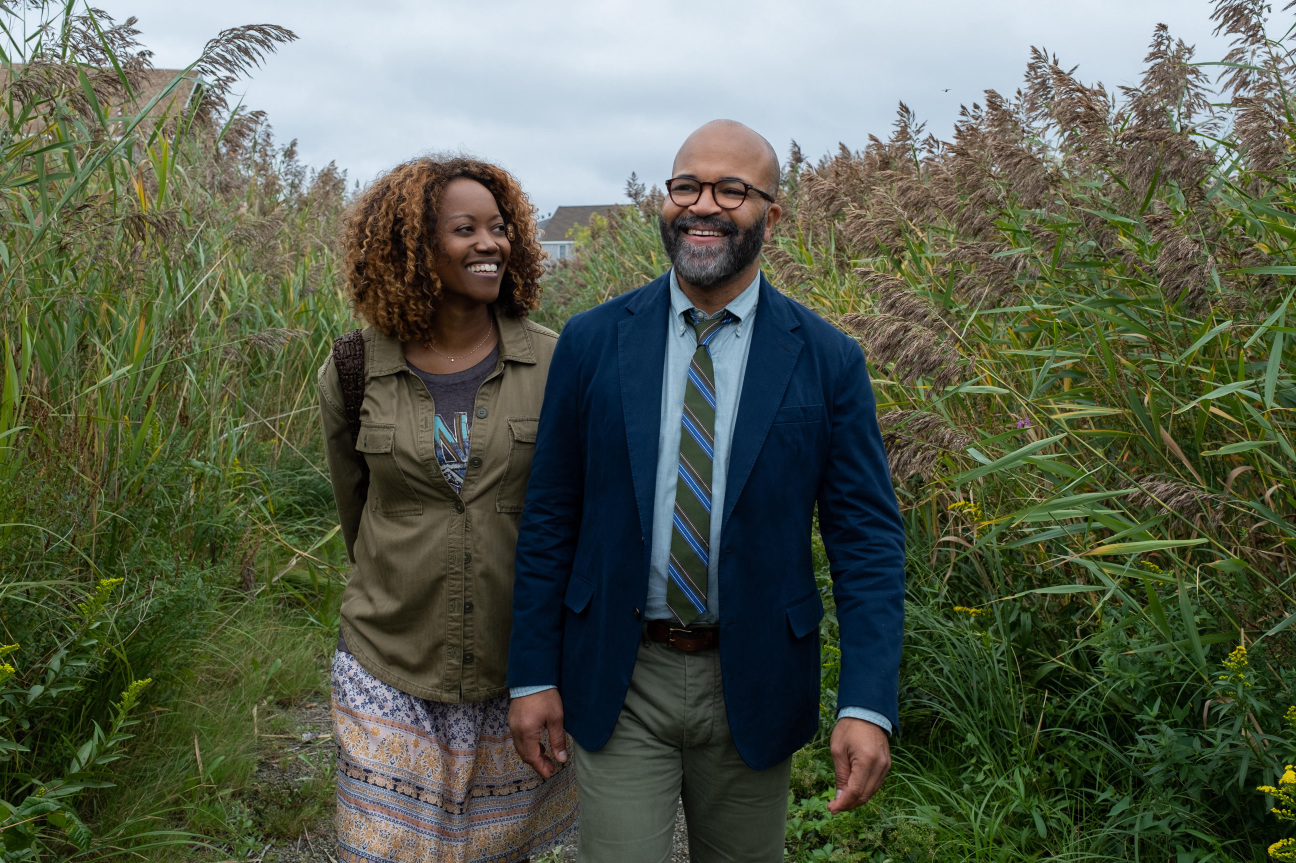
CULTURED: Are you gonna do it again?
Jefferson: Yes, I mean, if they give me the money to do it again.
CULTURED: Can you walk us through the Oscar nomination moment? Who did you call? Where were you?
Jefferson: I have anxiety, so I knew I couldn't watch them live. It would be too painful of a process for me to watch them live. On Monday night, I stayed up till about 3 a.m., and then I took half a Xanax. I was really knocking myself out of self-sabotage. I was like, You need to sleep through it. You can't be up and pacing around the room. It'll be a nightmare. I woke up at 7 a.m. There was no way I was getting back to sleep once I woke up because my mind was racing. I looked at my phone, and I had 228 text messages, and it felt like something good had happened or something terrible had happened. Fortunately, it was the former. I called Jeffrey [Wright], I called Sterling [K. Brown], I called my father. I just called everybody in my life.
But to be honest, I just kind of laid there in silence for like half an hour. The craziest thing about all of this stuff is that people have said, "Try to live in the moment. Try to remember this stuff because this doesn't always happen." That is something that I'm generally bad at in my life: living in the moment and not thinking about the tragedy that's awaiting me around the corner. I tried for half an hour to live in it and feel good, proud, and happy for everybody. But yeah it was a crazy 48 hours.
This conversation is part of a series in which CULTURED asked filmmakers to reflect on a work of art that exposed them to new ways of seeing—and set the tone for a recent project. For more insight, read Lulu Wang on the Singaporean photographer whose work inspired both The Farewell and Expats, or Reinaldo Marcus Green on how Basquiat helped him understand Bob Marley.

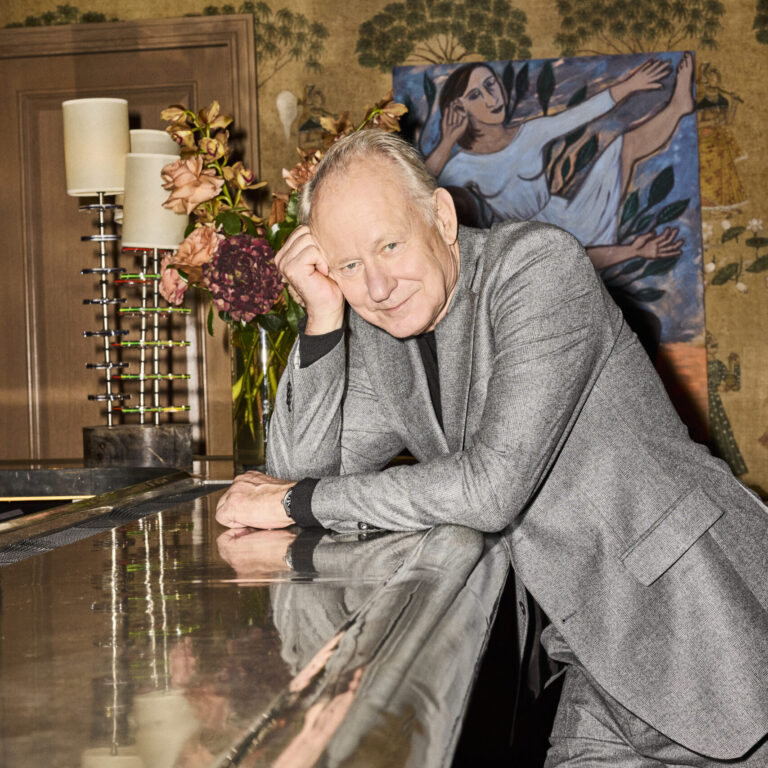
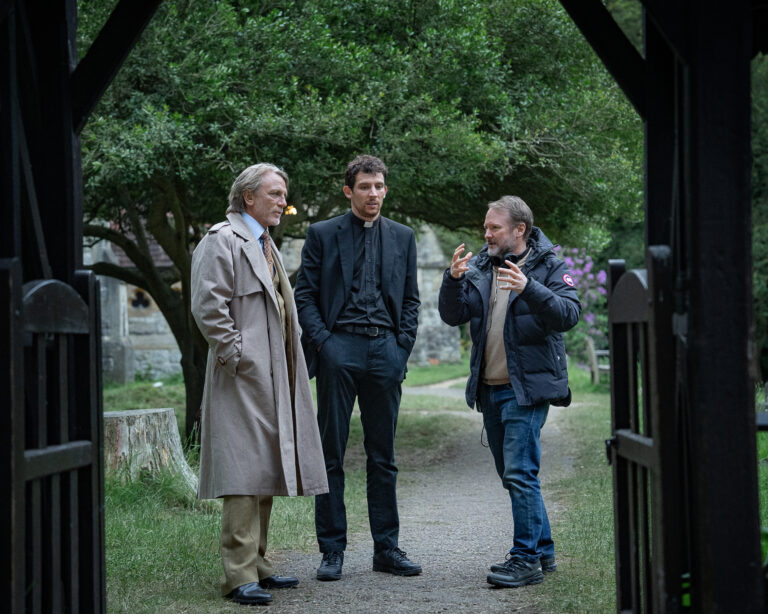
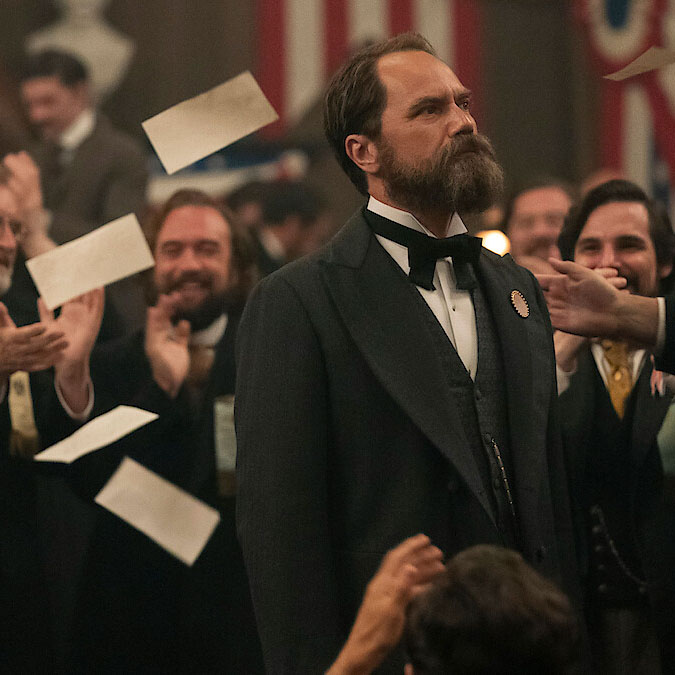

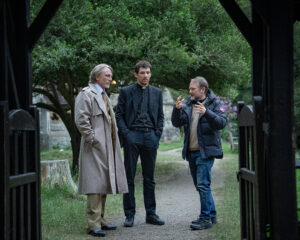
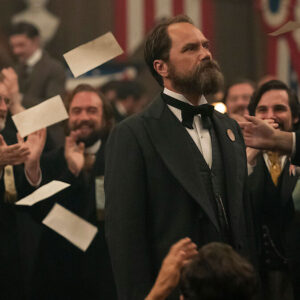



 in your life?
in your life?

